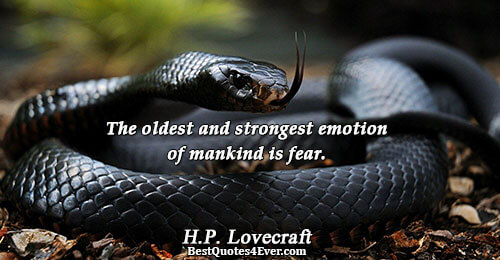Biography
Type: American author of novels, children\\\\\\\'s books, and short stories
Born: October 21, 1929,Berkeley, California, U.S
Died:
First published in the 1960s, her work has often depicted futuristic or imaginary alternative worlds in politics, the natural environment, gender, religion, sexuality and ethnography.
She influenced such Booker Prize winners and other writers as Salman Rushdie and David Mitchell – and notable science fiction and fantasy writers including Neil Gaiman and Iain Banks.] She has won the Hugo Award, Nebula Award, Locus Award, and World Fantasy Award, each more than once. In 2014, she was awarded the National Book Foundation Medal for Distinguished Contribution to American Letters.] Le Guin has resided in Portland, Oregon since 1959.
She is known for her treatment of gender ("The Left Hand of Darkness", "The Matter of Seggri"), political systems ("The Telling", "The Dispossessed") and difference/otherness in any other form. Her interest in non-Western philosophies is reflected in works such as 'Solitude' and 'The Telling' but even more interesting are her imagined societies, often mixing traits extracted from her profound knowledge of anthropology acquired from growing up with her father, the famous anthropologist, Alfred Krober. "The Hainish Cycle" reflects the anthropologist's experience of immersing themselves in new strange cultures since most of their main characters and narrators (Le Guin favours the first person narration) are envoys from a humanitarian organization, the Ekumen, sent to investigate or ally themselves with the people of a different world and learn their ways.
Works:
Earthsea fantasy series:
- Main article: Earthsea
- A Wizard of Earthsea, 1968
- The Tombs of Atuan, 1971
- The Farthest Shore, 1972
- Tehanu: The Last Book of Earthsea, 1990
- Tales from Earthsea, 2001
- The Other Wind, 2001
Hainish science fiction series:
- Rocannon's World, 1966
- Planet of Exile, 1966
- City of Illusions, 1967
- The Left Hand of Darkness, 1969
- The Dispossessed, 1974
- The Word for World is Forest, 1976
- Four Ways to Forgiveness, 1995
- The Telling, 2000
Miscellaneous:
- The Lathe of Heaven, 1971
- The Wind's Twelve Quarters, 1975
- Orsinian Tales, 1976
- The Eye of the Heron, 1978
- The Beginning Place, 1980
- The Compass Rose, 1982
- Always Coming Home, 1985
- Annals of the Western Shore, 2004-2007
- Lavinia, 2008

